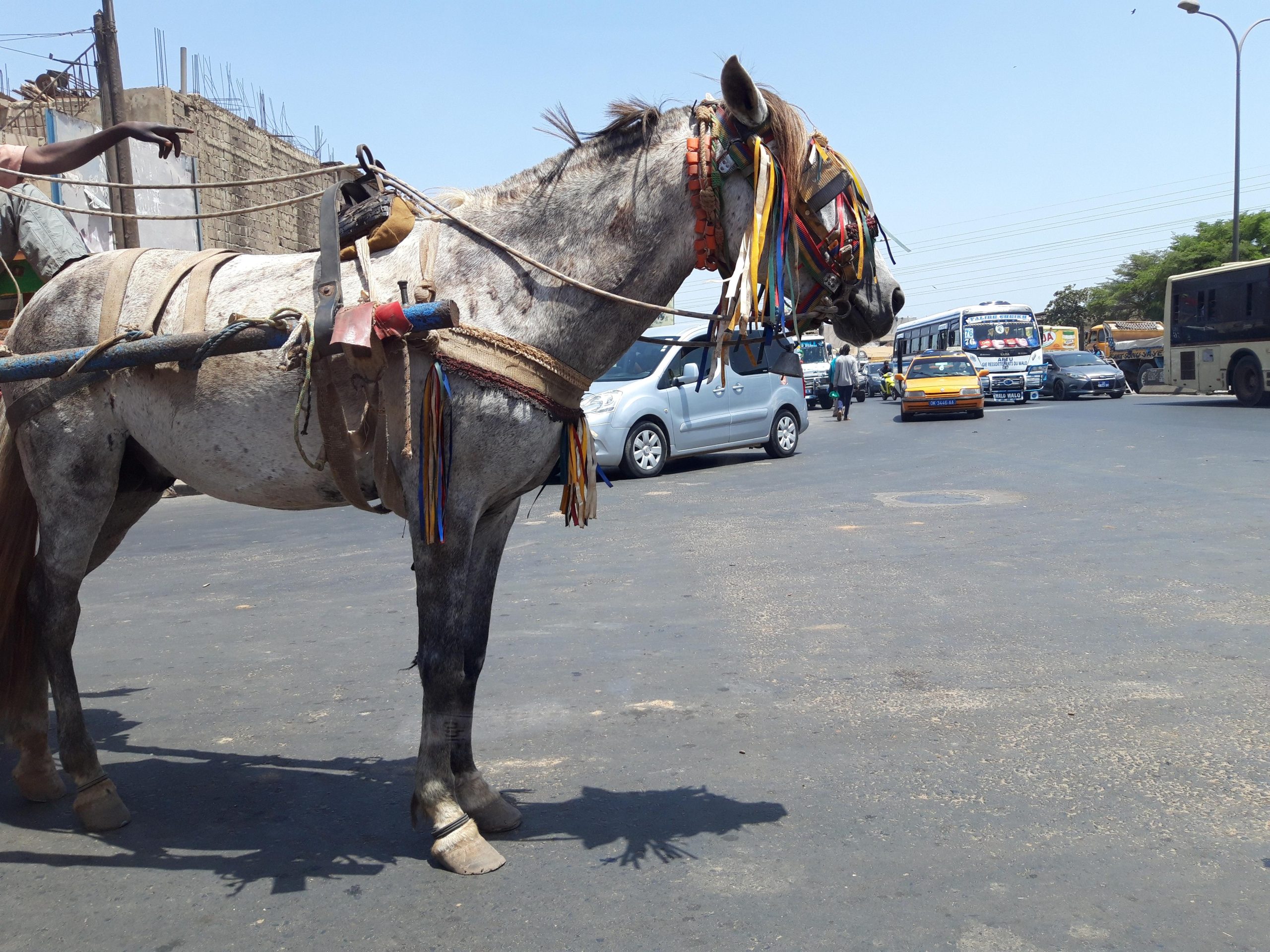Mission report: CODATU in Dakar to work with APIX and CETUD on feeder service
From 20 to 23 May 2019, a mission led by two experts took place in Dakar, in the context of the Technical assistance provided by CODATU to APIX S. A. and CETUD (Executive Council of Urban Transport of Dakar).
A mission of expertise as part of the technical assistance
This mission is part of the technical assistance that gathers CODATU on the one hand, CETUD and APIX on the other hand. Whereas the agreement that bounds the three stakeholders can be broken down into three themes (governance, multimodality, railways), the current mission dealt specifically with the multimodality theme. Indeed, the experts had to tackle the issues of feeder services. Hence, Jean-Claude Gaillot (CODATU volunteer and former Executive director of the Région Ile-de-France) and Yves Amsler (UITP consultant) led the discussions during four days with the technical and strategic teams of the partner institutions.
A crucial challenge in the context of the urban transport reform in Dakar
The challenge of the mission specifically targeted the implementation of an upcoming feeder service for the Regional Express Train, as the TER will start to operate by the end of 2019/beginning 2020. According to the preliminary studies made by Systra, 90% of the occupancy rate of the new TER will directly depend on the feeder services provided by collective transport ; the Dakar Dem Dikk buses, the fast buses Ndiaga Ndiaye, the collective taxis AFTU and over the longer term, a BRT service. While the construction works of the BRT are currently starting, the implementation of a temporary feeder service is essential. In this scope the mission had as a goal to identify the short-term measures that could be implemented in order to optimise the temporary feeder service prior to the BRT operations. An in-depth study led by Ingérop also just started ; it will enlighten the modalities and specifications to implement an appropriate and long-lasting feeder service.
Several themes, solid discussions
Therefore the experts, Yves Amsler and Jean-Claude Gaillot, tried to precise the share of the responsibilities that currently exist, in order to facilitate the implementation of rapid measures. Moreover, they facilitated meetings on specific topics such as the planning of the stations, the integration of the transport modes, the fare system and the multimodality. The exchanges with the teams of both CETUD and APIX allowed to highlight where they should be vigilant, to articulate recommendations and to emphasise the complexity of the issues linked to urban planning and transport in a city such as Dakar. Further discussions and new missions will allow to continue and complete the work already achieved together over these few days.
 Example of multimodality in Dakar (source: S. Baffi, CODATU)
Example of multimodality in Dakar (source: S. Baffi, CODATU)
Banner: work meeting with the CETUD (source: S. Baffi, CODATU)
